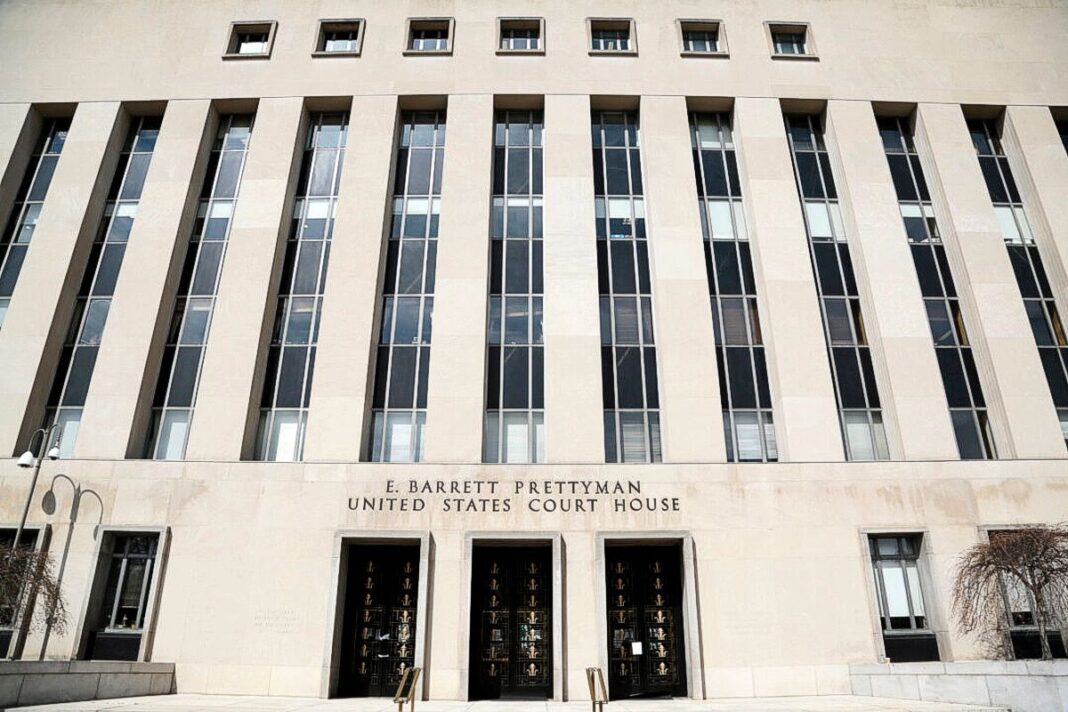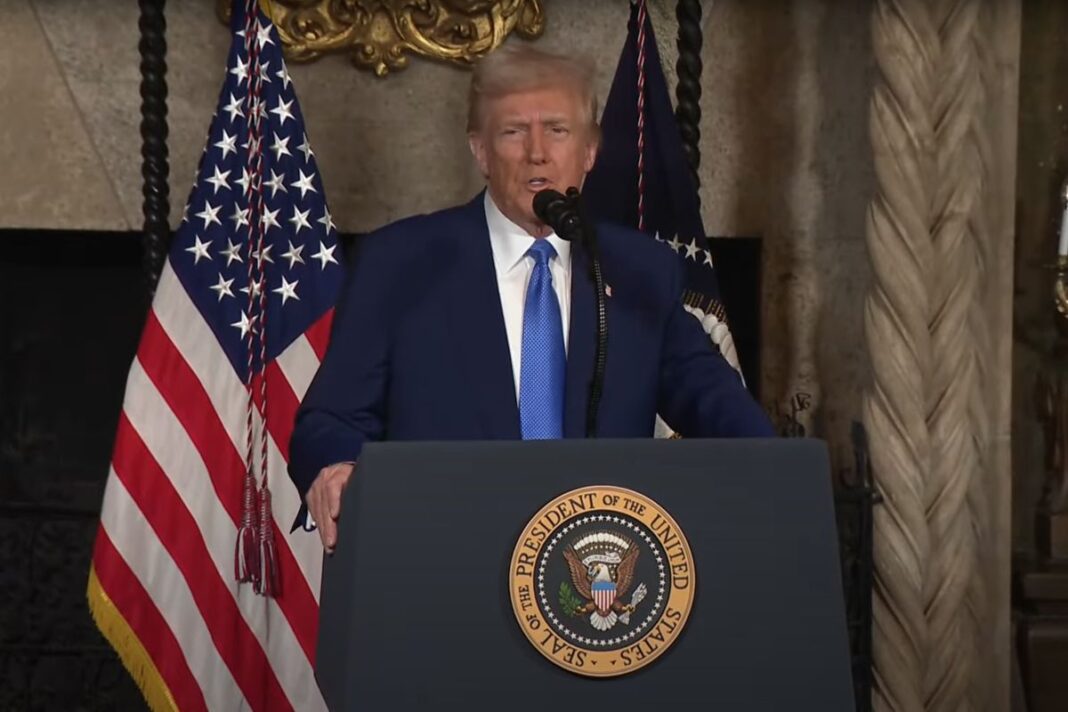The unions say mass firings will result in lower revenue from member dues and less bargaining power.
WASHINGTON—A federal judge on Feb. 18 heard arguments on whether to block mass firings and new employee buyout programs by the federal government and said he’ll issue a decision “sooner rather than later.”
During a hearing Tuesday afternoon, union groups representing hundreds of thousands of federal workers said that Trump’s efforts to slash the federal workforce conflicts with Congress’s power to shape the size and direction of agencies through funding decisions, as well as laws detailing exactly how such layoffs must be carried out.
U.S. District Judge Christopher Cooper said the case may ultimately hinge on whether enough people were terminated to thwart the purposes that Congress had in mind when authorizing agency funding.
“You have to admit that at some point, a certain number of firings would be tantamount to not using a certain amount of funds that Congress has appropriated,” Cooper said.
Attorneys for the Trump administration say the unions failed to show that they were facing the kind of irreparable, immediate harm that would justify an emergency to stop the layoffs.
The unions also asked Cooper to declare the federal buyout program illegal, and to prevent the administration from extending or expanding the program.
The buyout program, which closed on Feb. 12, was offered to over 2 million government employees via an email sent by the Office of Personnel Management (OPM).
The email, nicknamed “Fork in the Road,” offered them full pay and benefits until Sept. 30 in exchange for voluntary resignation.
It also warned that “the majority of federal agencies are likely to be downsized through restructurings, realignments, and reductions in force.” Tens of thousands of federal employees have accepted the offer.
An attorney for the unions said the groups are facing an “existential threat” because the downsizing of the federal workforce will result in less revenue from union dues, and a loss of bargaining power.
This revenue loss is irreparable harm, she said, because even if the employees are reinstated, they would not pay dues during the time they were unemployed.
Abhishek S. Kambli, an attorney for the government, called this a “pocketbook injury.”









